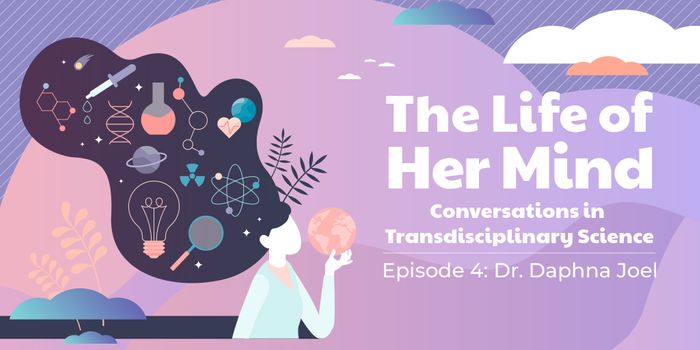Our genes make us. They decide our height, the sound of our voice, and even how athletic we are. Yet, how is it that identical twins can turn out so differently - even when they have the same genes?
The explanation lies in epigenetics. Epigenetics is the study of "changes in organisms caused by modification of gene expression rather than alteration of the genetic code itself," according to Victorian Epigenetics.
The genome is the complete set of genes present in a cell. Genes in DNA are expressed when they are read and transcribed into RNA. The transcribed RNA is translated into proteins by structures called ribosomes. Proteins are much of what decides a cell's characteristics and function.
The epigenome determines which genes are expressed and how much of that gene is expressed. Epigenetic changes can boost or inhibit the transcription of specific genes.
Epigenetic changes can survive cell division. The changes can affect an organism for its entire life and can even be passed on to the offspring. A study from December 2015 found that a father's diet affected the RNA of his sperm. Epigenetic changes are normal and oftentimes can be good. They can, however, also be harmful. For instance, a harmful environment or bad diet could change the epigenome in a way where it turns off a gene that makes a tumor-suppressing protein.
New genome editing techniques have made it easier to identify which epigenetic changes really matter for our health. Once researchers understand that, they could find ways to influence it too.
Source: TedEd, LabRoots, Victorian Epigenetics Group








